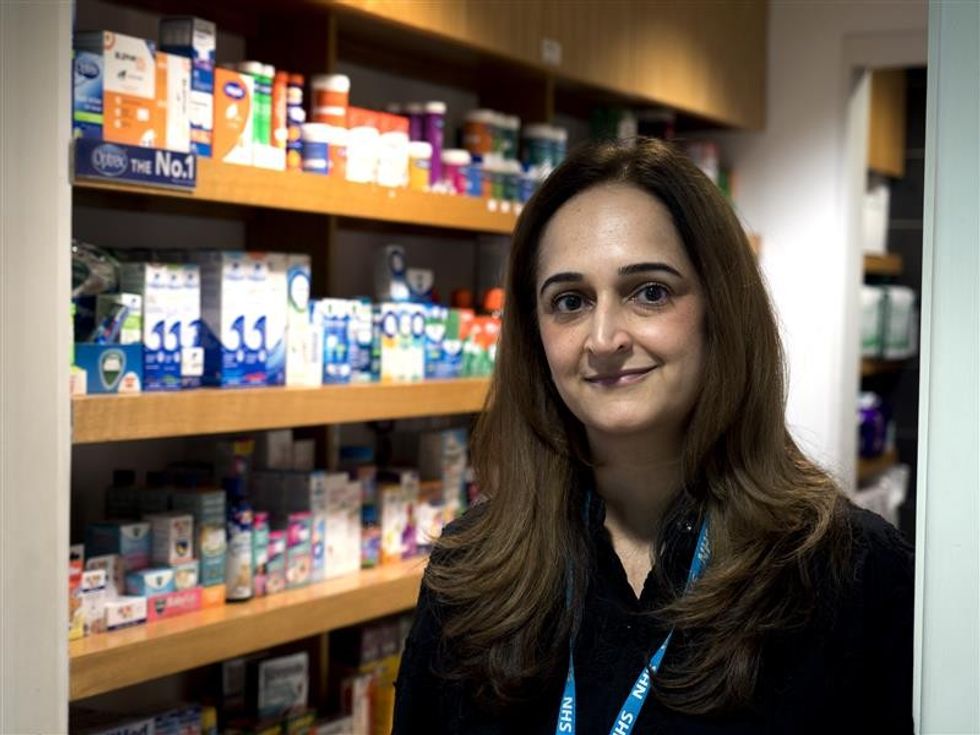The Taskforce report recognizes the important role of community pharmacy and pharmacy teams, and in particular, the fact that they often have most contact with individuals who are receiving medication assisted treatment, commented the Royal Pharmaceutical Society (RPS) on the publication of the Scottish Drug Deaths Taskforce’s final report.
The final report published on Thursday (June 21) follows four years of work developing and implementing a programme of actions to tackle the rising number of drug deaths in Scotland.
RPS, as pharmacy’s professional leadership body in Scotland and the rest of Great Britain, has positively engaged with the Taskforce as it carried out its work.
Last year, RPS published ‘Pharmacy’s role in reducing harm and preventing drugs deaths (Scotland)’ which contained 14 key recommendations. Many of the recommended actions within the Taskforce’s report align with RPS policy, including:
- Improving the availability of naloxone by making this available from all community pharmacies for both emergency use and supply to people who use drugs.
- Addressing the lack of out-of-hours and emergency care provision for patients who receive opioid substitution therapy.
- Ensuring better release plans and referral pathways for those individuals in prison.
- Introducing Supervised Drug Consumption Rooms (within existing legal frameworks).
- Introducing a single record that follows an individual throughout their treatment and recovery.
- Introducing training for all students in professions where people may reasonably be expected to come into contact with someone experiencing an overdose.
Responding to the Taskforce’s final report, Laura Wilson, RPS policy and practice lead in Scotland, said: "We welcome the publication of the Scottish Drug Deaths Taskforce final report which not only highlights the huge amount already achieved by the Taskforce but importantly, sets out actions which will need to be taken to ensure that this work is progressed to save lives and reduce harm.
“We are pleased that many of the recommended actions within the report chime with the recommendations set out in our policy statement.
“The ongoing implementation of the Medication Assisted Treatment (MAT) standards provides pharmacy teams with a crucial role in supporting and providing treatment to people who use drugs. As pharmacy’s professional leadership body, we want to acknowledge the valuable input these teams have in improving patient access, choice, and care in all settings.
“RPS Scotland is delighted to support the continuation of this work as a member of the National Mission Oversight Group and look forward to working with the Scottish Government to make the actions from this final report a reality.”
Dr Carole Hunter, lead pharmacist for alcohol and drug recovery services in NHS Greater Glasgow and Clyde, has been the RPS representative on the Taskforce since its inception. We would like to thank Carole, and her predecessor Jean Logan, for providing their expertise to the group on behalf of RPS.
Carole said of her time on the Taskforce: “The Royal Pharmaceutical Society has actively participated in the vitally important work of the Taskforce since its inception. It has been a privilege to work alongside a wide range of partners to address the unacceptably high numbers of drug related deaths. The profession recognizes that everyone and every group has a responsibility to work towards reducing drug related deaths and is committed to taking forward the work of the task force and playing their part in helping to reduce drug related deaths in Scotland. Community pharmacies are at the heart of every community in Scotland and have a key role to play in supporting people who use drugs, people in treatment and recovery, their families and communities.”

















 Sukhi Basra
Sukhi Basra